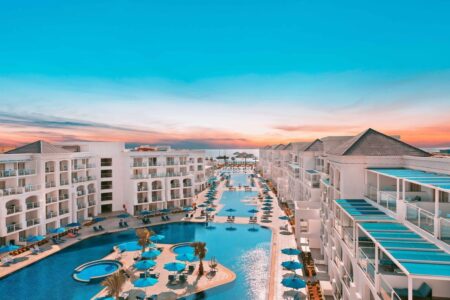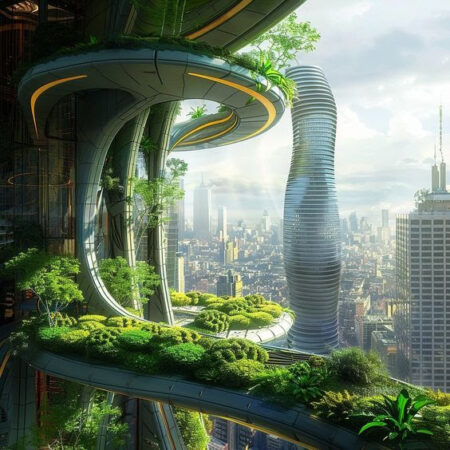- Mauritania, Senegal, The Gambia, Guinea-Bissau and Guinea-Conakry emerge as top destination for huge oil and gas investments.
- Due to growing energy demand, global investors are turning their attention to projects across the bloc.
- These countries could consider establishing Special Economic Zones (SEZ) or free zones to attract more investments.
The MSGBC region—comprising Mauritania, Senegal, The Gambia, Guinea-Bissau and Guinea-Conakry—is emerging as an increasingly attractive energy investment destination that could see these West African countries earn oil and gas billions.
A chance for the MSGBC energy-producing nations to create their own energy free trade pact and eventually close the region’s energy deficit has been emphasized by recent geopolitics and the related trade restrictions implemented by the US and Europe against Russia.
Approximately 40 per cent of the natural gas and 27 per cent of the oil needs of the EU are met by Russia. The EU has been looking for new energy sources to reduce its dependence on Russian oil in light of the ongoing Russia-Ukraine war.
As a result, projects across the West African energy frontier that are either planned or under construction are drawing the interest of international investors.
The area is well positioned to tap into oil and gas billions due to rising global energy demand. The zone’s stable and open business environment is also a big advantage. Already, there are abundant natural gas, oil, and renewable energy resources in the MSGBC region.
This year, a lot of exciting projects will be launched. For instance, the Sangomar and the Greater Tortue Ahmeyim development project on the sea border between Senegal and Mauritania. It is, therefore, crucial for MSGBC countries to set up efficient energy trade governance rules.
Implementation of Special Economic Zones
To exploit the oil and gas billions, however, MSGBC governments and private sector operators should develop Special Economic Zones (SEZ). These free zones will attract foreign investment, boost economic growth, and ease technology transfer.
There are now 29 free zones in West Africa across 11 nations, including one in Senegal and two in The Gambia. The free zones solely aim at promoting investments.
According to the GM of Hydrocarbons at Mauritania’s Ministry of Petroleum, Energy and Mines Moustapha Bechir, the country is also looking at developing SEZs, with a “feasibility team currently studying the potential of a SEZ in Mauritania and we should start building the hub around 2025.”
Read also: Why now is the time to invest big in Angolan oil and gas
Speaking in an exclusive interview with Energy Capital & Power, Bechir added that, “The Ministry is looking at different options to incentivize investors, and establishing a free zone could be a good way to unlock capital and create local employment.”
MSGBC countries don’t have to look far for insights. The US-Mexico-Canada Agreement (USMCA) can provide details on how other free trade deals work. MSGBC can pick handy tips on the establishment of a regional free trade zone focused on energy trade.
The USMCA significantly contributes to and strengthens North American energy integration, interdependence, and energy security by removing tariffs on crude oil.
The markets in the MSGBC region have strong ties, much as the integrated energy markets in North America. The creation of a regional energy market could, in this situation, increase operational effectiveness.
Visa process harmonization
To streamline visa applications and travel restrictions, the Economic Community of West African States (ECOWAS) introduced the ECOVISA in October 2022.
Harmonizing visa policies throughout the MSGBC region could also encourage competent professionals and investors to move around the area. In terms of trade, business, and tourism, the liberalization of Schengen permits in Europe has demonstrated tremendous revolutionary potential.
Comparable visa regulations and a similar approach to streamlining processes might encourage cross-border collaboration, and attract top personnel. Equally, it will support the expansion of the mining and energy sectors in the MSGBC basin.
Common Sovereign Fund for Green Projects
African sovereign wealth funds (SWF)– 28 in total – collectively managed an impressive sum of $300 billion in 2020.
There has been an upswing in investor interest regarding impact investing, which presents a promising avenue to mobilize private capital. The strategy will also create positive social and environmental outcomes.
During the ECP interview, Bechir said, “Mauritania wants to shift from grey to blue and then green energy by 2030. The country is counting on regional cooperation to do so. Mauritania already established a SWF in 2006, The National Fund for Hydrocarbon Reserves.”
As such, MSGBC countries could join forces and create their own regional SWF. The deal will help maximize revenue from gas and stimulate finance for the energy transition.
Under the auspices of Mauritanian President H.E. Mohamed Ould Ghazouani, the 2023 edition of the MSGBC Oil, Gas & Power conference – on November 21-22 in Nouakchott – will convene a ministerial panel to explore regional cooperation and governance following first oil and gas production.
Ministers from across the MSGBC region will delve into concerted strategies aimed at fostering the broadening of industrial opportunities. They will also explore the creation of effective policies designed to avert the perils associated with the ‘resource curse’ phenomenon.










